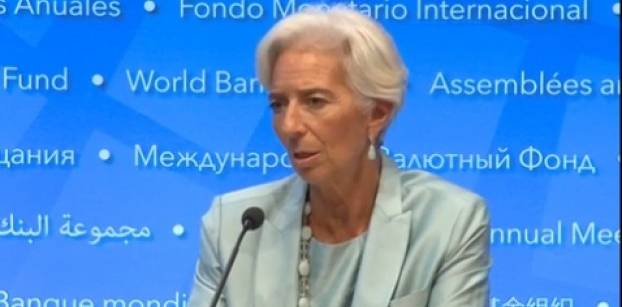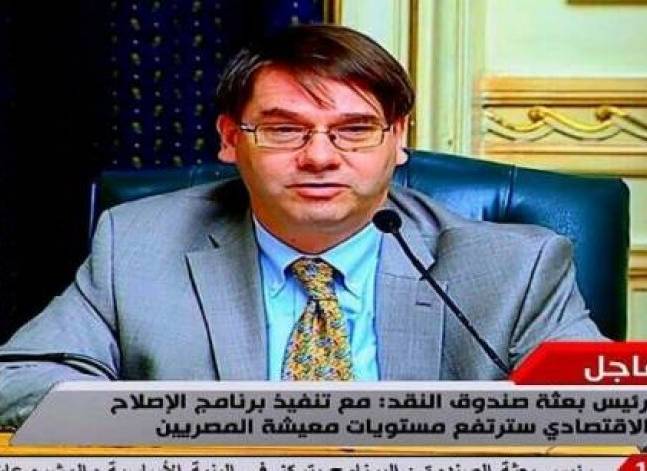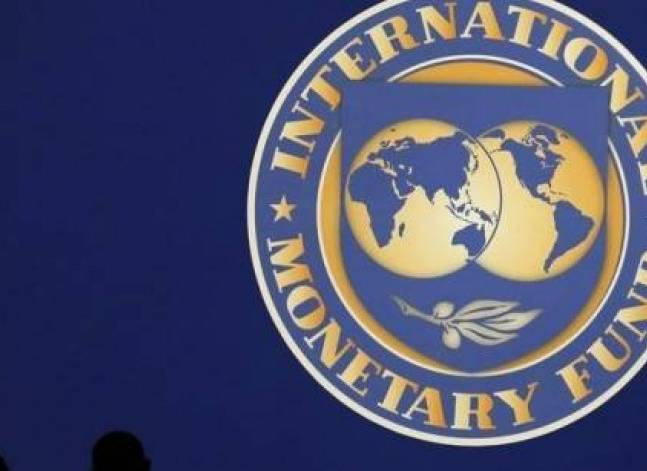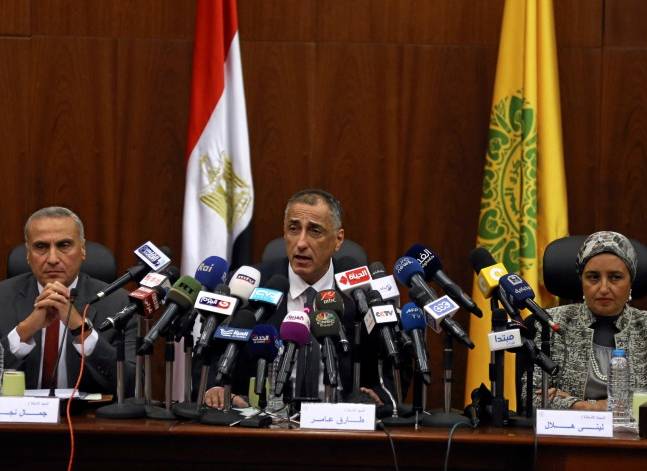Latest NEWS
- Aswat Masriya, the last word
- Roundup of Egypt's press headlines on March 15, 2017
- Roundup of Egypt's press headlines on March 14, 2017
- Former Egyptian President Hosni Mubarak to be released: lawyer
- Roundup of Egypt's press headlines on March 13, 2017
- Egypt's capital set to grow by half a million in 2017
- Egypt's wheat reserves to double with start of harvest -supply min
- Roundup of Egypt's press headlines on March 12, 2017
IMF set to decide on Egypt's loan request on Nov. 11, Lagarde backs approval
CAIRO, Nov 8 (Aswat Masriya) - Egypt's central bank said on Tuesday that the International Monetary Fund's (IMF) executive board is set to meet on Nov. 11 to discuss Egypt's request for a $12 billion three-year loan.
Egypt's Deputy Finance Minister Ahmed Kouchouk told Reuters on Tuesday that Egypt will receive the first $2.75 billion tranche of its loan next Tuesday.
IMF Managing Director Christine Lagarde said that she would recommend that the board approves Egypt's request in support of its "ambitious economic reform program that will help restore macroeconomic stability and bring Egypt's economy closer to its full potential."
Egypt embarked on successive economic reforms over the past few months with the aim of cutting the budget deficit and addressing an acute dollar shortage. The latest reforms included floating the currency and cutting fuel subsidies.
"The liberalisation of the exchange rate and the adoption of the second phase of the fuel subsidy reforms are important measures in the authorities' reform agenda," Lagarde said in a statement on Tuesday.
"Adjusting fuel prices will contribute to lower budget deficits and will free up public resources for much-needed and better targeted social spending on health, education, and growth-enhancing investments," Lagarde added.
The IMF welcomed the Central Bank of Egypt's decision on Thursday to float the pound, as it will improve the country's external competitiveness, support exports and tourism and attract foreign investment, IMF Mission Chief for Egypt Chris Jarvis said in a statement.
The scheduled date of the IMF board meeting coincides with possible planned demonstrations that have been called for on social media in the past weeks to protest current economic conditions and price hikes.
More than 20 people have been detained on separate occasions for calling for protests on Nov. 11. Seventeen of those were alleged Muslim Brotherhood members.
Egyptians took to social media to express their frustration regarding the increase in prices of basic commodities over the past weeks, which was mainly caused by high inflation rates, hike in the US dollar exchange rate to the Egyptian pound and the newly-introduced value-added tax.
This was coupled with a sugar shortage that hit the Egyptian market earlier in October, causing its price to double in some instances, and exacerbating pressures on citizens who could not find the basic commodity in several outlets.
The supply ministry also raised the price of subsidised sugar on Nov. 1 by 40 per cent, unifying it with the market price.
The crisis pushed the state to rapidly increase imports despite an acute dollar shortage and soaring global prices of the sweetener.
Foreign reserves have reached $19.59 billion at the end of Sept., the highest in over a year but still more than 40 per cent below levels before the January 2011 uprising.















